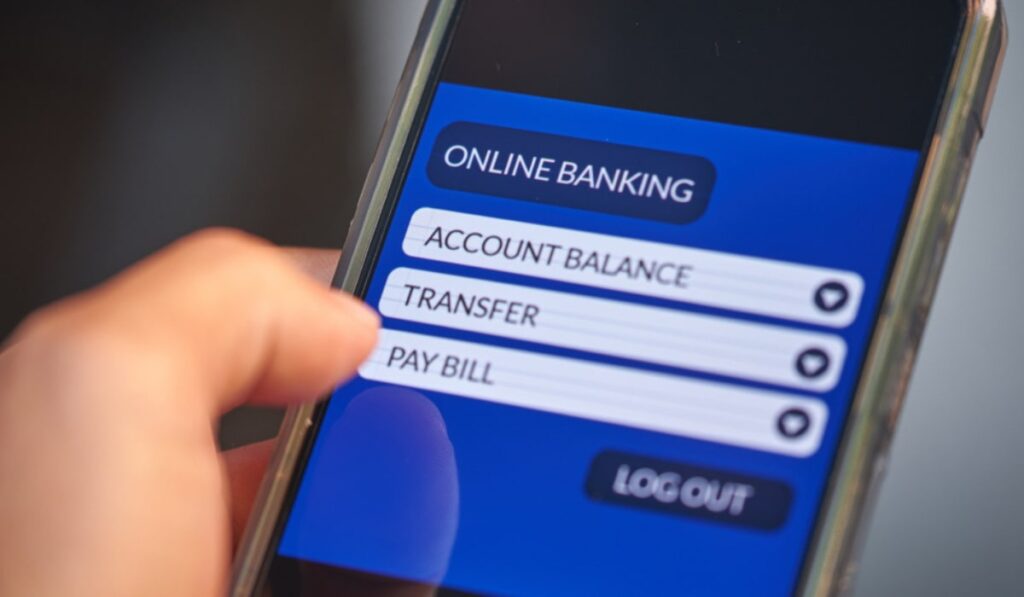The interest rate on a checking account can be a big deal if you’re not careful about how you use it. If you’re not careful, you might end up paying more than necessary for the convenience of maintaining your money in a checking account.

In this article, you’ll look at how you should examine your online checking account activity to determine whether an interest rate increase could help improve it and why it’s so important to ensure that your balance is maintained above a certain amount at all times.
Check Your Interest Rate.
Checking account interest rates should be a big deal for you because they can significantly affect your checking account balance. If you’re paying less than 1% APY on your current bank account, compare it to the interest rate you could get with a new account. The difference could be hundreds or even thousands of dollars over the life of your checking account! SoFi professionals say, “Watch your money grow as you earn over time.”
If you have time on your side and don’t need immediate funds (or just like watching money grow), try to find an account that pays more interest than your current one.
Assess Your Checking Account Activity.
Once you’ve got a good idea of the type of checking account you are willing to open, it’s time to assess your own activity and behavior. Do you write checks? How often do you withdraw cash from ATMs? What kind of debit card do you use to make purchases, and how often do those purchases happen in-person versus online or over the phone? All these factors are going to affect the types of services that are right for your financial health.
Calculate the Balance You Can Maintain.
To calculate how much you could afford to keep in your checking account, consider the following:
- Your income. This is probably the most important factor.
- Your expenses. After taking care of your basic obligations, you should save some money for emergencies or other unexpected expenses like replacing a car or paying tuition fees for school.
- The interest rate on any savings accounts or CDs (certificates of deposit). If possible, make sure that you’re getting more than 1% interest per year on these funds before moving them into a checking account (which typically doesn’t pay any interest).
Determine When Checking Rates will Matter.
You first need to figure out when interest rates will matter for your checking account. This depends on the following:
- How often do you use the account?
- How much money do you keep in it and keep it open for?
- What other accounts do you have?
If you use your checking account frequently, or if you plan on keeping a high balance in it and keeping it open for a long time, then interest rates may be worth considering. But if not, then they’re not worth worrying about.
So, how do interest rates matter on a checking account? They can be vital if you’re looking for a way to make money off your money. For example, suppose you use your account as an extra savings tool or want to take advantage of higher interest rates on large balances. In that case, knowing what kind of rates are available at different institutions is crucial.

